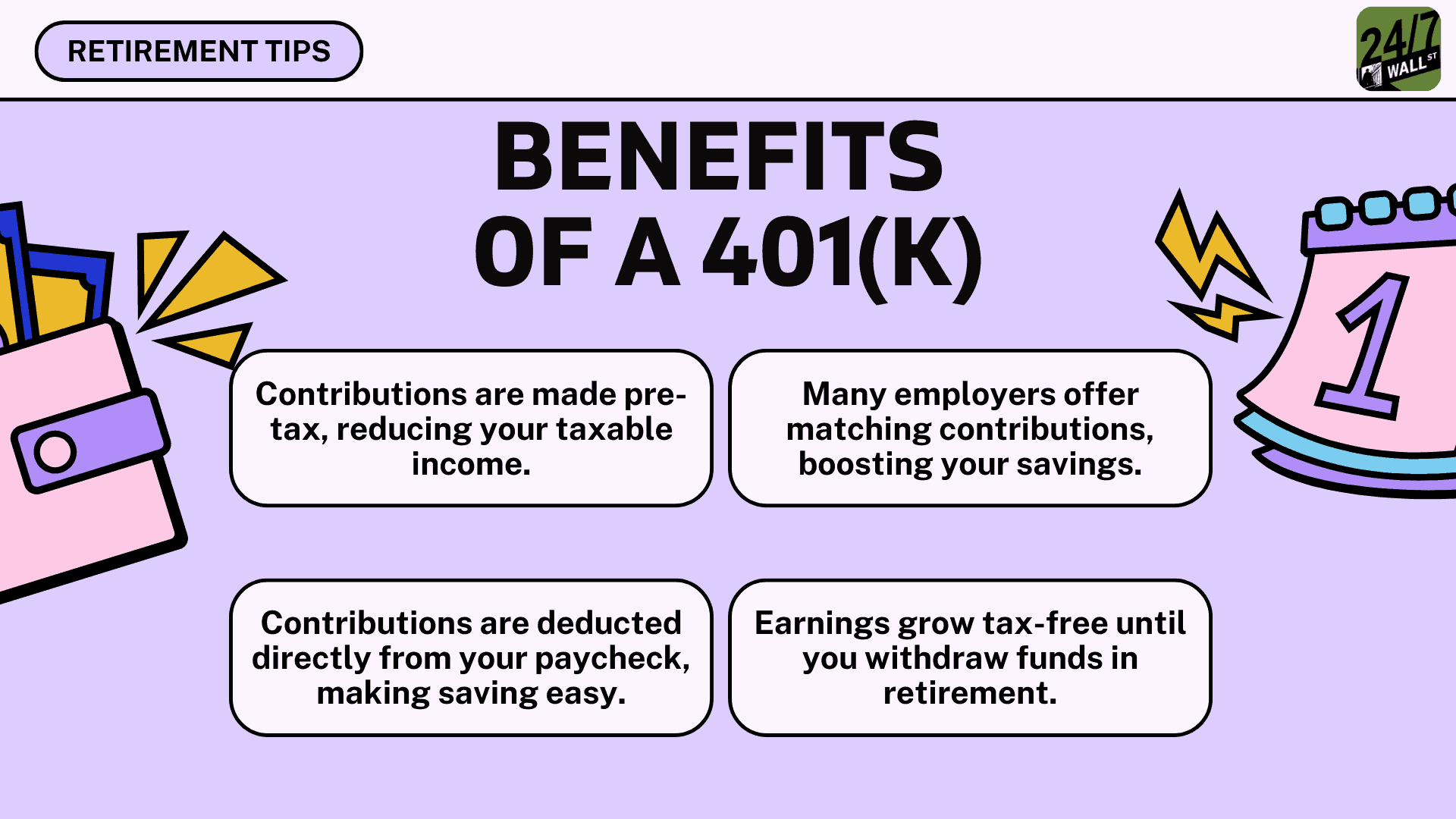Personal Finance
I'm 54 With No Retirement Savings Outside of My $4 Million 401(k), but I'm Ready to Retire. What's My Move?

Published:

As of 2022, the average retirement savings balance for 54-year-olds was about $313,000, according to the Federal Reserve. So if you’re 54 and sitting on $4 million, you’re clearly way ahead of the game. And you’re also in a great position to retire on the spot. Even though you’ll need to stretch your nest egg further than someone retiring in their 60s, a $4 million balance gives you the leeway to do that.
But what if all of your money is tied up in a 401(k) plan? Retiring now and tapping your savings could leave you facing penalties on your withdrawals. But thankfully, not all is lost.

The IRS offers a pretty sweet tax break on 401(k) plan contributions. So in exchange, it sets restrictions on the amount of money you can contribute to these plans and the age at which you’re allowed to take penalty-free withdrawals.
If you take a 401(k) distribution before age 59 1/2, you risk a 10% penalty. And even with $4 million to your name, that penalty is an expense you probably don’t want to bear.
The good news, though, is that you may not have to sit tight and avoid touching your 401(k) until age 59 1/2. You may be able to get your money out penalty-free in 2025.
It’s a loophole known as the rule of 55, and what it allows you to do is take penalty-free withdrawals from a 401(k) if you leave your job the calendar year you turn 55 or later. In that case, you get penalty-free access to the 401(k) sponsored by the employer you’re separating from.
So here, if you’ll be 55 in 2025 and you leave your job then, you’d generally be eligible for penalty-free withdrawals, assuming your 401(k) plan is sponsored by the employer you’re working for now and are separating from. But if part of your $4 million is in a former employer’s 401(k), the rule of 55 won’t apply to that account. Touching an old 401(k) at 55 would leave you subject to penalties on withdrawals.
Having to continue plugging away at a job when you’re ready to leave it — and have saved enough to call it quits — can be frustrating. But thanks to the rule of 55, your money may be yours penalty-free soon enough.
That said, it’s best to spread your retirement savings across various accounts, including at least one that isn’t tax-advantaged. That provides the freedom to take withdrawals at any point in time.
The above situation is salvageable due to age 55 being right around the corner. But imagine a scenario where you can’t retire at age 45 or 50 despite having plenty of savings because your money is tied up in restricted accounts. Talk about frustrating. So just as it’s important to diversify investments in the course of saving for retirement, it’s important to diversify accounts, too.
Retirement can be daunting, but it doesn’t need to be.
Imagine having an expert in your corner to help you with your financial goals. Someone to help you determine if you’re ahead, behind, or right on track. With SmartAsset, that’s not just a dream—it’s reality. This free tool connects you with pre-screened financial advisors who work in your best interests. It’s quick, it’s easy, so take the leap today and start planning smarter!
Don’t waste another minute; get started right here and help your retirement dreams become a retirement reality.
Thank you for reading! Have some feedback for us?
Contact the 24/7 Wall St. editorial team.